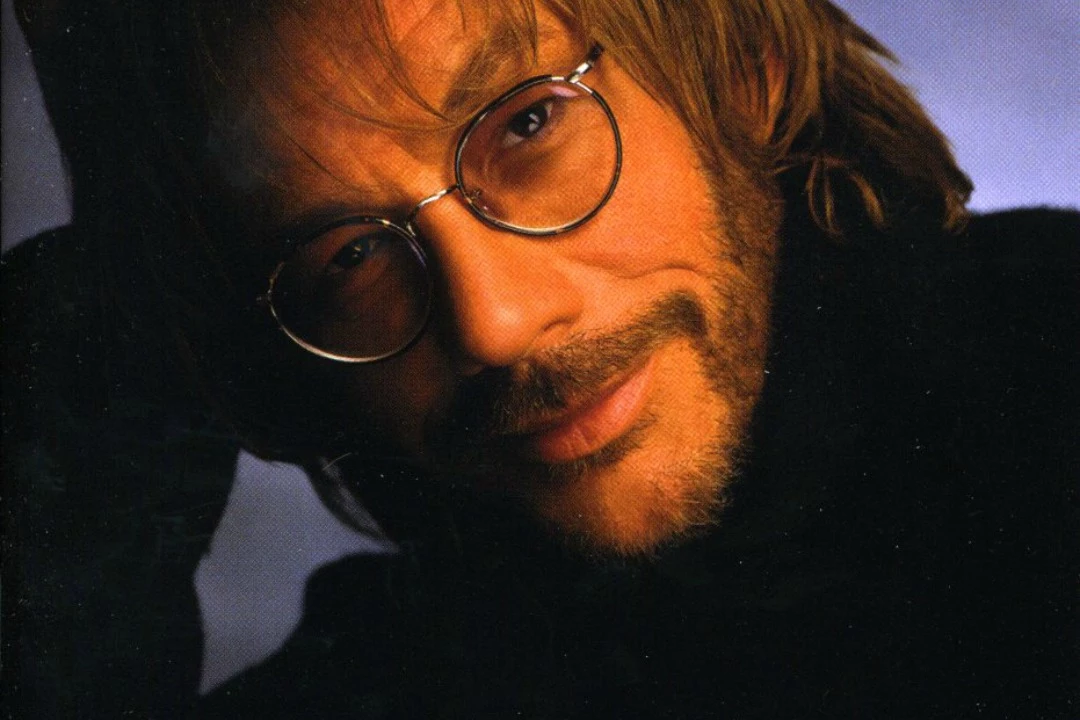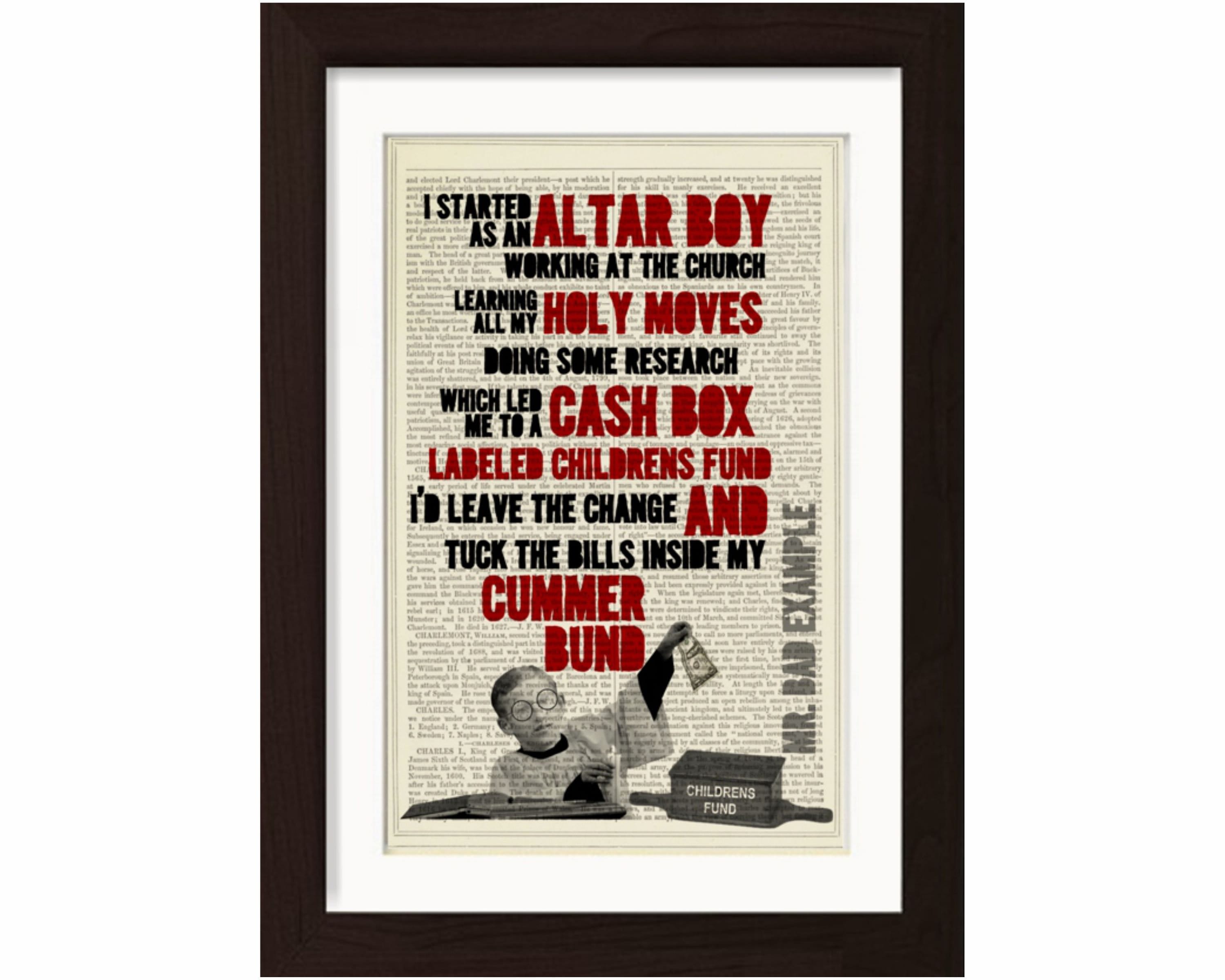

Although Zevon was often an electrifying performer on stage, it is his songs that have remained the center of his artistic legacy. Zevon was unquestionably a true original that found hopeless escape in his music. Unlike countless other songwriters who pursue this path, Zevon's songs remain upbeat and pleasant to listen to, investigating the dark side looking for light, and bringing truth to his songs in the process. Zevon wallows in the abyss of his own character flaws, using music to legitimize and eradicate them. His cynicism has such a sweet coating that it remains irresistible. Herein lies the secret to his uniqueness as a songwriter. Despite the dark and cynical underpinnings to Zevon's songwriting and lyrics that are often downright disturbing, his music is often joyfully sunny. This would be the breakthrough album that would finally bring him the personal recognition he was searching for. In 1978, Zevon released his next album, Excitable Boy, to critical acclaim. Though only a modest success, Zevon's self-titled 1976 album would begin the second and far more successful phase of his career.

A much darker and more ironic songwriter than other leading figures of that era's singer-songwriter movement, Zevon shared with them grounding in earlier folk and country influences and a commitment to an intellectual style of song craft. When he returned to Los Angeles during the mid-1970s, he soon became associated with the burgeoning music scene developing around Linda Ronstadt, Jackson Browne, and the Eagles.

Babyhead) - sax, flute, background vocals Guest: David Lindley - guitarĪfter establishing himself in the late 1960s as a quirky songwriter, session musician, jingle composer, and then venturing into the 1970s as the keyboard player/bandleader/musical coordinator for the Everly Brothers, Warren Zevon's increasing dissatisfaction with the music industry led him to abandon it and leave America. Warren Zevon - vocals, guitar, piano Guest: Duncan Aldrich (announced as Dr.


 0 kommentar(er)
0 kommentar(er)
